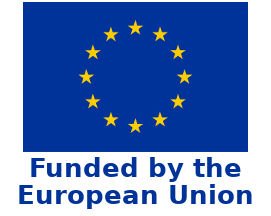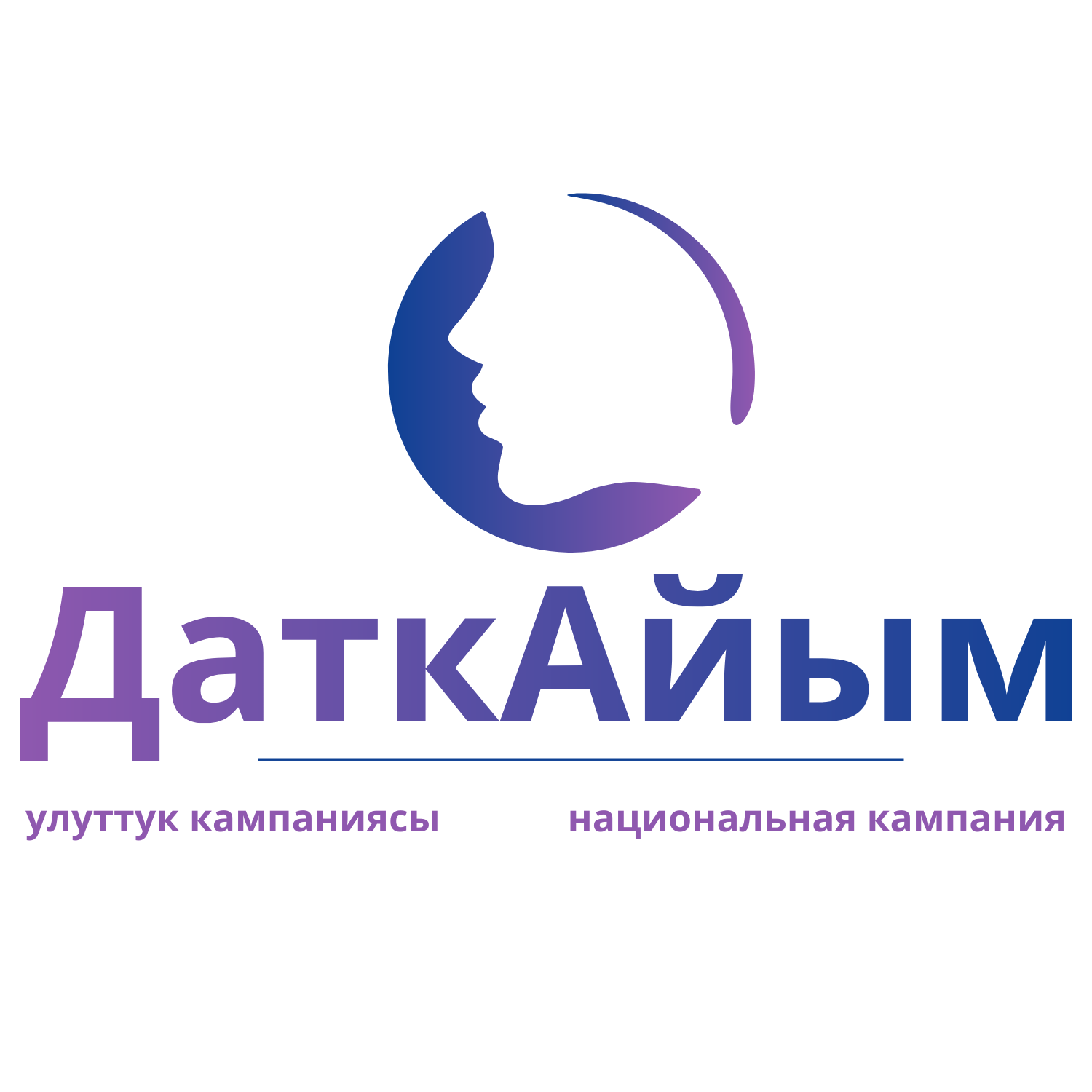The EU has adopted a new Gender Action Plan!
The European Commission and the Union’s High Representative for Foreign Affairs and Security Policy have put forward ambitious plans to promote gender equality and women’s empowerment through all European Union external actions.
The EU Gender Action Plan 2021-2025 III provides a policy framework with five pillars of action to accelerate progress on international commitments and to create a world where everyone has room to thrive:
Promoting gender equality as a priority for all foreign policy and action;
Proposes a roadmap for working together with stakeholders at the national, regional and multilateral levels;
Intensifies action in strategic thematic areas;
Calls on institutions to lead by example and ensures transparency of results.
While some significant but uneven progress has been made in advancing the rights of women and girls, no country in the world is on track to achieve gender equality and the empowerment of all women and girls by 2030. In addition, the health and socioeconomic impacts of the COVID-19 crisis disproportionately affect women and girls. For example, because a higher proportion of women work in the informal sector and in vulnerable sectors, their job loss rate is 1.8 times higher than that of men. The poverty rate among women could increase by 9.1%.
To address this challenge, the new EU Action Plan for Gender Equality and Women’s Empowerment in External Action 2021-2025 (GAP III) aims to accelerate progress on the empowerment of women and girls and to consolidate the gains made on gender equality in the 25 years since the Beijing Declaration and its Platform for Action.
High Representative/Vice-President Josep Borrell said, “Ensuring equal rights for all empowers our societies. It makes them richer and safer.” It is a fact that transcends principles or moral obligations.” The participation and leadership of women and girls are essential to democracy, justice, peace, security, prosperity, and a greener planet. With this new Gender Action Plan, we are making greater and faster progress toward gender equality.”
Commissioner for International Partnerships Jutta Urpilainen said: “Greater engagement on gender equality is key to a sustainable global recovery from the COWID-19 crisis and to building more just, inclusive and prosperous societies. Women and girls are at the forefront of the pandemic and must be a driving force for recovery.” As a gender-sensitive and responsive geopolitical commission, we want to work more closely with our member states as well as with all partners in building a truly gender-balanced world.”
Details on the main lines of action:
1) by 2025. 85% of all new external relations activities will contribute to gender equality and women’s empowerment. GAP III introduces strict rules for applying and monitoring gender mainstreaming in all sectors. All external assistance in all sectors, including infrastructure, digital technology, energy, agriculture, mixed funds, etc., must include a gender perspective and support gender equality.
2) A common strategic vision and close cooperation with Member States and partners at multilateral, regional and country levels. GAP III makes the case for developing a common approach for all EU actors at country level and for focusing on selected strategic issues. Thorough gender analysis and close consultation with member states, civil society organizations, women’s rights activists and youth will provide a solid basis for action on the ground.
3) GAP III calls for accelerated progress by focusing on key thematic areas of action, including combating gender-based violence and promoting the economic, social, and political empowerment of women and girls. It focuses on universal access to health care, sexual and reproductive health and rights, and gender equality in education, as well as promoting equal participation and leadership. It also fully integrates the EU policy framework on women, peace and security and brings a gender perspective into new policy areas such as green transition and digital transformation.




